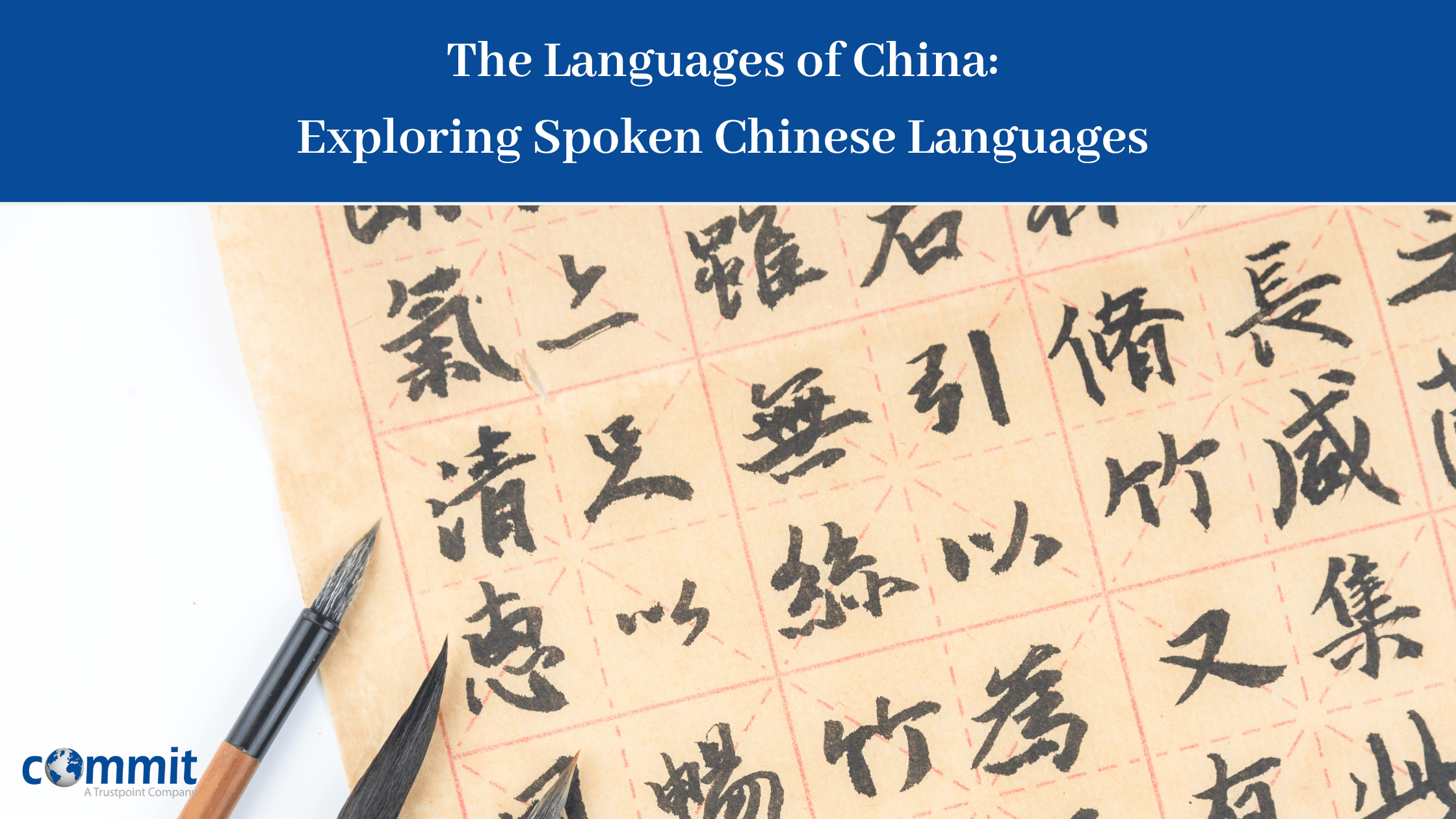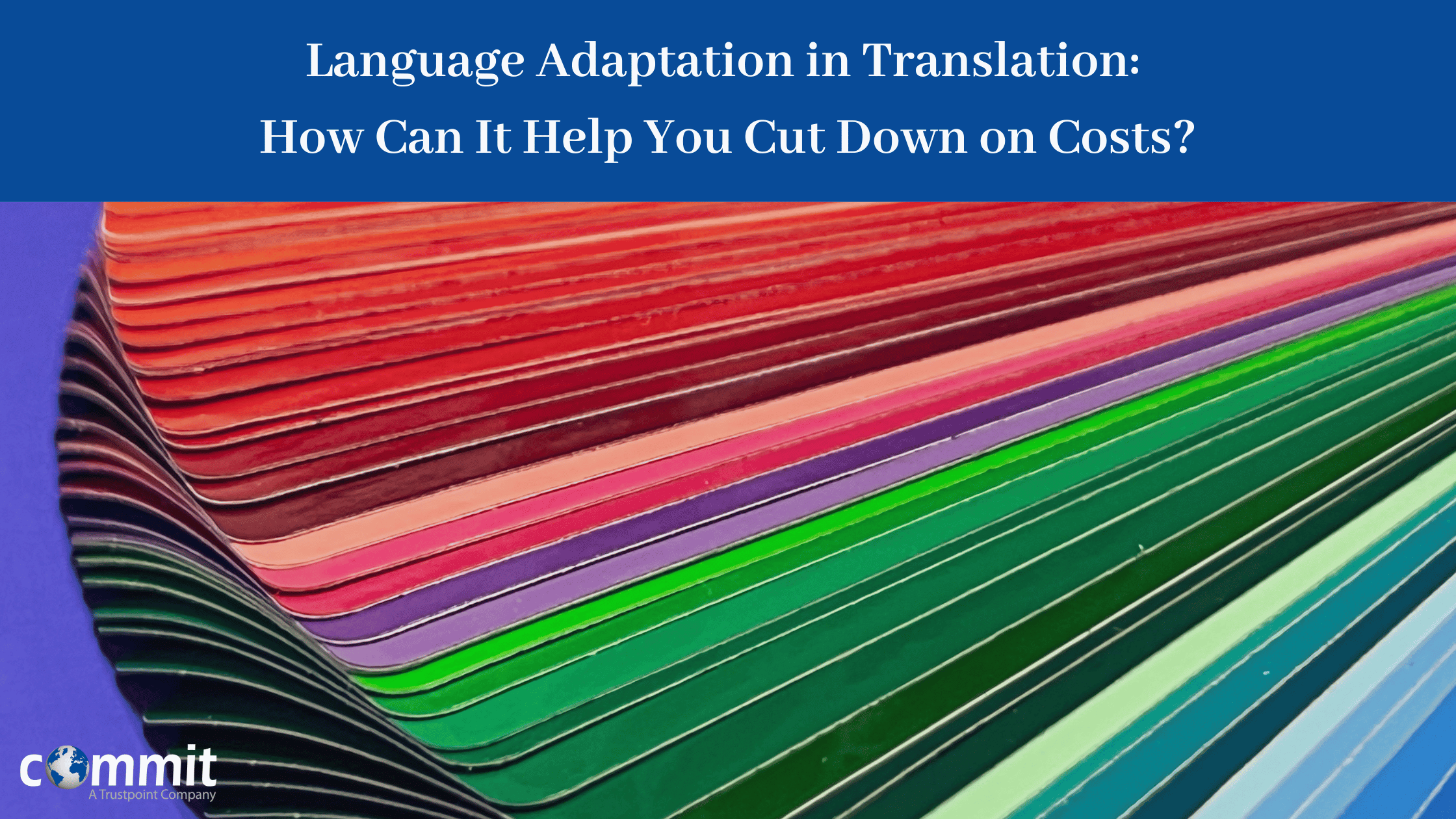|
Listen to Post
|
Listen to this article now:
Have you ever requested translation services? When you did for the first time, did you know what was involved in what you were asking? Translation is commonly misunderstood for something any speaker of a language, native or foreign, can do on the fly. However, this is far from true. Here are some common misconceptions clients usually are under when it comes to translation, the industry and its professionals.
KNOWLEDGE ASSUMPTIONS
- Anyone can do a translation or assess a translation piece as long as they know or speak the language.
Not really! In order to transfer the subtleties and nuances of a language system into another, in-depth knowledge of linguistics is required, just the ability to speak the language does not suffice. After all, the Americans have said it best as, according to Illinois state law, it is illegal to speak English, and the officially recognized language is “American.”
- Translators are walking dictionaries; if they know what they are doing, they should be able to come up with a complex term over the phone and they can translate 20 pages in a couple of hours. After all, translating “apple” and translating “methyl tertiary-butyl ether” is the same thing, if you are a professional translator.
If that were true, translators would be the richest people in the market. Allow for reasonable time for translation requests. Translation is a complex process which, besides knowledge, requires time for familiarizing with content, for terminology search, to allow creativity to work, to review and to finalize a piece of writing.
ASSESSMENT ASSUMPTIONS
- The translation you’ll get back will be completely in tune with the style and attitude you happen to have in mind at that particular time; the translator should be able to know what’s in your mind.
How easier translating would be if that was possible! There are so many different ways one can say something that it is highly unlikely that the translator will choose the one you have in mind. Localization is a highly collaborative process that requires the guidance and insight of the customer and content owner, at least in the beginning, so that the desired result is achieved.
- I do not have to be involved in the process.
Wrong! To elaborate further on point 3, each piece of text, even the seemingly simplest one, may present challenges when it comes to being transferred to a different language and the translation professional is faced with many choices word after word; it would be helpful to have the customer’s guidance as to the preferred options regarding certain issues.
- Everything that is not to my liking in the translated text is a mistake.
Do leave a margin for doubt! Language professionals, assuming you are indeed collaborating with a qualified professional, possess in-depth knowledge in the various aspects of the language. Before hurrying into accusations like “this is like Google Translate”, do express your concerns to the translator and see what they have to say about it. More often than not, you should be fully covered with their explanation.
COST ASSUMPTIONS
- Translation is just a necessary evil in the world of globalization. It is simply an additional expense without any additional value and which one should limit as much as possible.
Wrong! In a world where local markets are quite saturated, competition is fierce and entering new markets is the obvious profitable choice, translation & localization is the only way for products to be established in foreign markets, as consumers seem to prefer buying products whose collateral is written in their native language.
- Translation is unjustifiably overpriced.
Translation involves much more than just looking up or translating words in another language. It is about transferring meanings and intentions, explicit and implicit, assessing appropriateness, exploring alternatives to find the most suitable one, searching into various resources and evaluating the validity and correctness of the findings, putting one’s creativity and imagination to work in order to rise to the level of the text’s circumstances, it demands dedication and perseverance and being 100% accountable for one’s choices. So, NO! Instead, those at the other end of the line, namely the professionals of this industry, would say that it is quite the opposite!









